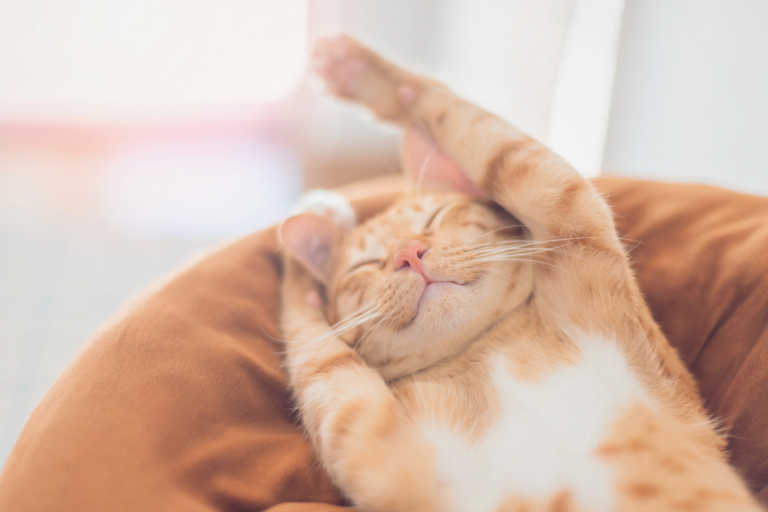Tips for Caring for Older Pets
As our beloved pets age, their needs and requirements change. Providing optimal care for older pets is not only a responsibility but also an expression of our love and appreciation for the years of companionship they’ve given us. Here are some essential tips for caring for older pets, focusing on health considerations and enhancing their overall quality of life.
The Aging Process
Before delving into specific tips, it’s crucial to understand that the aging process varies between different types and breeds of pets. While there’s no one-size-fits-all approach, some common considerations apply to most older pets.
Regular Veterinary Check-Ups: Older pets should see the veterinarian more frequently. Your vet can detect and address health issues early, ensuring your pet’s comfort and well-being.
Dietary Adjustments: Aging pets often require a change in their diet to accommodate their changing nutritional needs. Your vet can help you decide on the best diet for your senior pet.
Exercise and Activity: While older pets may not be as active as they once were, they still need regular exercise. Adjust the intensity and duration of physical activity to match their energy levels.
Health Considerations
Arthritis Management: Arthritis is common in older pets. Consider providing orthopedic bedding, ramps or steps to make it easier for your pet to access their favorite spots. Medications and supplements can also help manage arthritis pain.
Dental Care: Dental issues can become more pronounced as pets age. Regular dental cleanings and tooth care are crucial for their overall health.
Regular Medications: If your pet has a chronic medical condition, such as diabetes or heart disease, it’s essential to administer medications as prescribed by your veterinarian.
Weight Management: Older pets are more susceptible to weight gain. Ensure they maintain a healthy weight through a balanced diet and regular exercise to prevent obesity-related health issues.
Enhancing Quality of Life
Comfortable Living Environment: Make your home more comfortable for your senior pet by providing soft bedding, non-slip flooring and warmth in colder months.
Mental Stimulation: Mental exercise is as important as physical activity. Offer toys, puzzles and interactive play to keep their minds engaged.
Gentle Grooming: Older pets may have difficulty grooming themselves. Regular, gentle grooming can help keep their coat clean and free from mats.
Senior Pet Socialization: If possible, encourage social interactions with other pets or humans. This can combat loneliness and improve their overall mood.
Love and Attention: As pets age, they often require more love and attention. Spend quality time with your senior pet, providing them with affection and companionship.
Preparing for the End-of-Life Stage
It’s a difficult but essential aspect of caring for older pets. As pets reach the end of their lives, it’s crucial to ensure they are comfortable and free from pain. Discuss end-of-life care options with your vet, including palliative care or euthanasia when the time comes. Remember that making the decision in the best interest of your pet is an act of love and compassion.
In conclusion, caring for older pets is a labor of love that requires attention, patience, and understanding. By addressing their unique health needs and enhancing their quality of life, you can ensure that your senior pet enjoys their golden years with comfort and happiness. Your efforts will not only provide them with a better life but also deepen the bond you share with your faithful companion.
Get Glucosamine-Chondroiton for joint pain today
Paid link.







